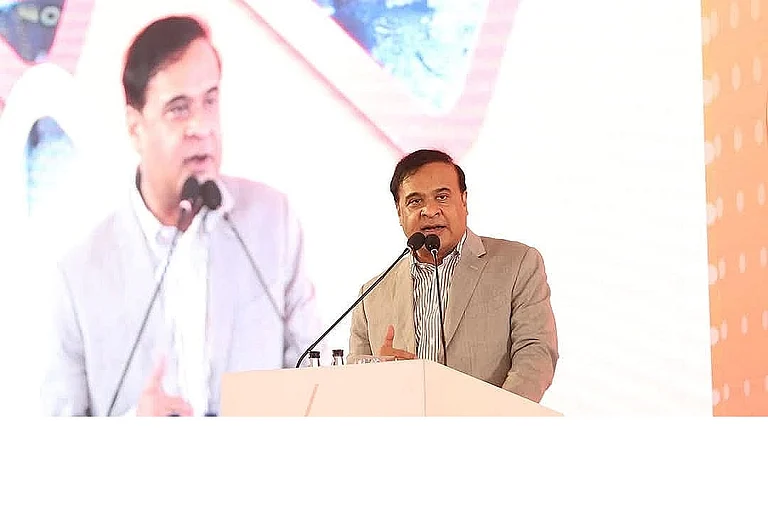
Summary of this article
Assam Cabinet approves tabling of unofficial Mehta Commission report on 1983 poll violence in Assembly, following AASU demand for transparency
Report covers Nellie massacre and other incidents killing over 2,000, displacing 3 lakh; first non-govt panel findings to be presented officially
Tewary Commission report (1983) to be circulated to all MLAs; CM Sarma calls documents "historic" amid ongoing migration debates post-Assam Accord
Assam Chief Minister Himanta Biswa Sarma announced on Sunday that the state government will table the unofficial Justice T.U. Mehta Commission report on the 1983 election-related violence in the Assembly during its upcoming five-day session starting Tuesday. The decision follows demands from the All Assam Students' Union (AASU), marking the first time a non-government panel's findings will be officially presented in the House.
Speaking after a Cabinet meeting, Sarma said the Mehta Commission, constituted by the Assam Rajyik Freedom Fighters Association and agitators during the peak of the 1979-1985 anti-infiltration Assam Agitation, examined the Nellie massacre and other incidents, incorporating testimonies from victims, agitators, and citizens. The 1983 polls, held amid the agitation, triggered widespread violence that claimed over 2,000 lives, primarily migrant Muslims in Nellie and surrounding areas, and displaced about three lakh people, alongside attacks on Assamese and Bengali Hindus in places like Gohpur and Goreswar.
The Cabinet also approved circulating copies of the 1983 Tewary Commission report, formed by the then-Congress government, to all 126 MLAs, as only a single copy was previously submitted to the Speaker in 1987 under the Asom Gana Parishad regime. Sarma described both documents as "historic" and "neutral," emphasizing their relevance to understanding demographic changes since 1951 and preventing communal narratives, despite past governments' reluctance to publicize them.
The agitation culminated in the 1985 Assam Accord, addressing illegal migration, a persistent issue. AASU welcomed the tabling, noting the Mehta report's critical observations on the movement but advocating transparency for "all sides." Opposition Congress has objected, but Sarma dismissed it as politically motivated, urging academic and public scrutiny to honor history.





















